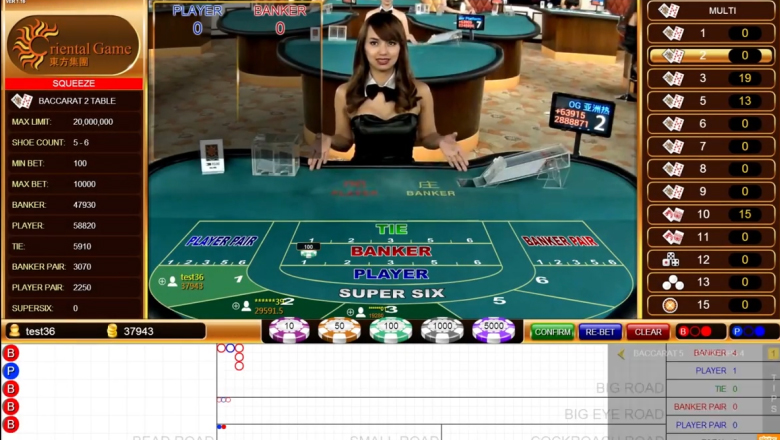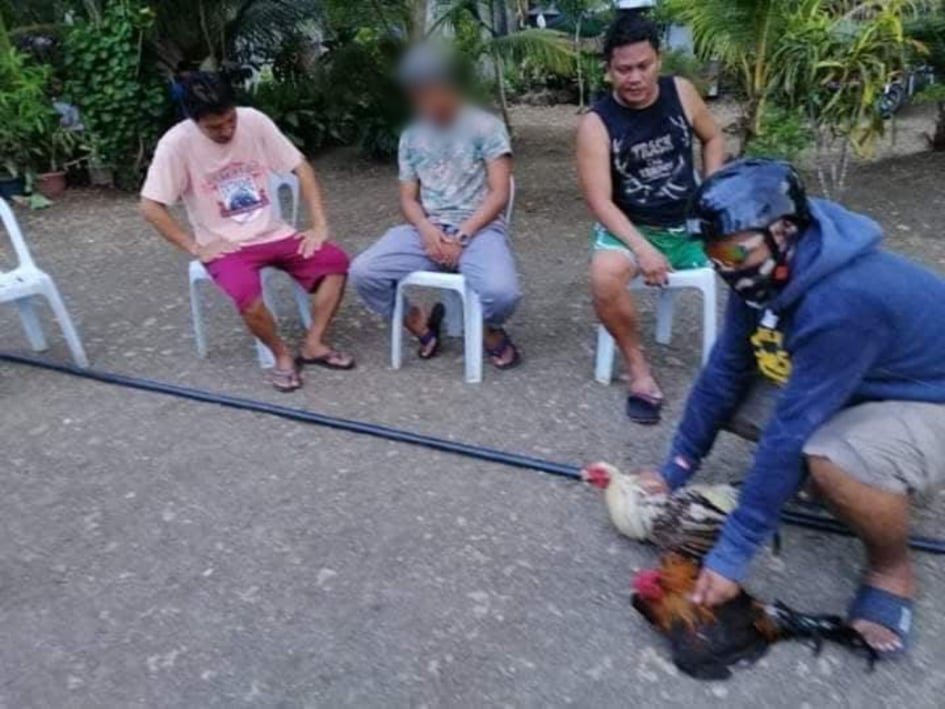Illegal Gambling Law In The Philippines
Philippine Presidential Decree No. 1602 is a Philippine gambling law enacted by then-President Ferdinand Marcos on June 11th, 1978. This Presidential Decree implemented harsh penalties for the individuals participating and hosting illegal gaming activities. It was believed at the time that more stringent penalties for violations would reduce the number of illegal gambling operations.
- What Makes Gambling Illegal
- Is Online Gambling Illegal
- Why Is Online Gambling Illegal
- How To Report Illegal Gambling
Creation of Presidential Decree No. 1602
PD No. 1602 was considered a necessary law created by the Philippine President in conjunction with the Philippine Government to create a gambling law which would establish and enforce severe penalties for illegal gambling. The legislation was necessary to also clarify permissible gambling games and simplified the country’s gambling laws as several Presidential Decrees regarding individual games were made.
- Passed during the Fourteenth Congress of the Republic of the Philippines, the law addresses the calls of different stakeholders to tighten the rules and policies on illegal number game, particularly Jueteng. Before the passage of the Act, the gambling laws in the country is described as ‘friendly and loose’.
- The Philippine National Police (PNP). The National Bureau Of Investigation (NBI) and other law enforcement agencies are hereby ordered to intensify the fight against illegal gambling, in coordination with concerned agencies such as the Department Of Justice (DOJ).
Primarily the need to curb illegal gambling operations which continued in the Philippines created PD No. 1602. The Presidential Decree updated previously made gambling laws and established a cohesive framework.
There are no statutes within the Philippines gambling laws that prohibit Filipino residents from participating on legally licensed offshore betting sites. In addition, the FCLRC in the Cagayan Freeport district is an online gambling licensing jurisdiction, and at this time is the only one of its kind in all of Asia. Under the gambling laws, there are a number of gambling activities in the country that are considered as completely illegal by the Philippine Amusement and Gaming Corporation. Some of these games are Jueteng, ‘Cara y Cruz (a game that uses a coin), and a number of card-based games like blackjack, Lucky Nine, Poker, Baccarat, and its other derivatives that are popularly played on the streets and not in. The gambling laws in the Philippines have established that gamblers must be at least 21 years of age in order to participate in casino gambling. This law is taken seriously by the Filipino government in an effort to eliminate the risks of underage gambling. Violators will face legal consequences. While the laws in the Philippines generously allow offshore online gambling, the legal minimum gambling age still applies to.
PD No. 1602 Specifics

Section 1 of PD No. 1602 detailed the penalty for those caught directly or indirectly participating in illegal wagering such as fines ranging from 500 pesos to 2,000 pesos for first-time offenders to 1,000 pesos to 6,000 pesos for repeat offenders. The law included a list of illegal games to be operated by an unlicensed individual. The Decree also detailed provisions for location hosts of these illegal games punishing them with a fine of 6,000 pesos and potential jail time.
Interestingly enough, the law also included penalties for illegal games operated by a Government employee likely to tackle any corruption within the Government’s ranks. The Presidential Decree also lists that any bangary official whose jurisdiction is caught with an illegal gambling operation of which they have gained a reputation for will face prison time and a fine of 500 to 2,000 pesos, as well as, temporary suspension from his post.
The intention of PD No. 1602
The Philippine Government explained that PD No. 1602 would curb the “social menace which consistently drained the energy and resources of the people” that was illegal, unregulated illegitimate gambling operations.
What Makes Gambling Illegal
Presidential Decree No. 1602 only targeted existing laws and unlawful gambling operations in the Philippines. This Philippine gambling law created criminal provisions and made penalties for violations more effective. This Presidential Decree supported the domestic legal market in the country and encouraged legal gambling within casinos and clubs. Essentially, PD No. 1602 pushed illegal gambling out of favor by making it a risk to participate in and operate due to enforceable penalties.
No provisions within PD 1602 affect online gambling markets simply because the Presidential Decree is older than the introduction of the internet to the Philippines. This means that legitimate Philippine online casinos are unaffected by this gambling law.
Issues With PD No. 1602

Is Online Gambling Illegal
PD No. 1602 face some minor scrutiny for rewarding informants of illegal gambling operations, which lead to successful arrests. The incentive seemed unfair and likely to be manipulated despite its intention to assist law enforcement. PD No. 1602 also faced criticism that the penalties imposed were not harsh enough to be effective.
Why Is Online Gambling Illegal

How To Report Illegal Gambling
Other issues with Presidential Decree No. 1602 was the lack of mention of online gambling in any way since some critics could try to apply whatever term they wanted, such as the term “vessel” to online gaming. This would later cause issues, and new clearer legislation was needed.